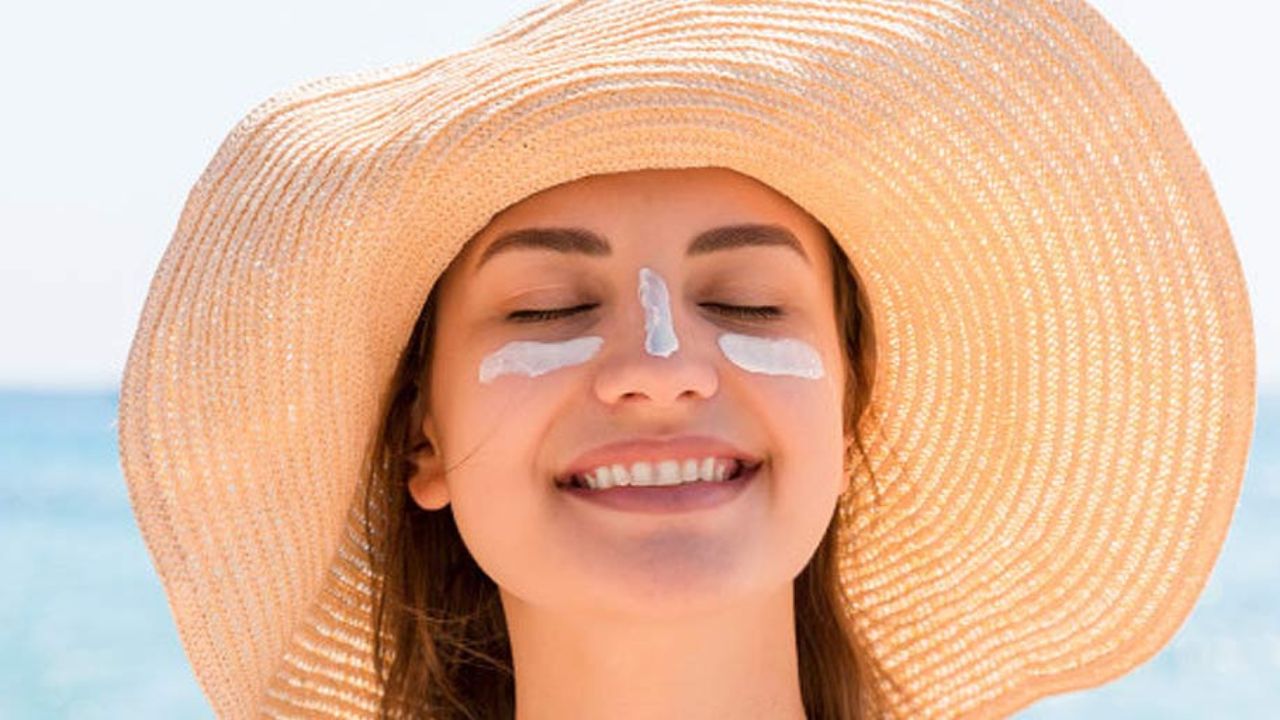Sunlight exposure can have immediate and long-lasting impacts. But did you know that the sun is to blame for 90% of our skin’s aging? Overexposure to the sun can hasten the aging process and other skin problems. The UV rays penetrate the skin’s deeper layers, resulting in sunspots, pigmentation, and early aging.
So, it is crucial to shield your skin from dangerous UV radiation. By avoiding sunburns, daily usage of SPF helps safeguard the health and beauty of your skin. Using sunscreen with a minimum SPF of 30 and reapplying every two to three hours are two simple ways to deflect the sun’s harmful rays.
There are several foods you may include in your diet to get a healthy dosage of nutrients that can protect your skin from the sun.
1. Almonds
Many nutrients can be found in just a handful of almonds. A natural approach to complement the other things you already do, like using sunscreen to protect your skin from UVB radiation, is by eating almonds. Almonds are also a strong source of vitamin E, which is good for the health of our skin. Consuming almonds regularly may also make the skin more resistant to UVB rays. A handful of almonds (about 23) included in your regular diet, together with fruits and vegetables, will naturally increase your skin’s tolerance to UV rays.
2. Green leafy veggies
Green leafy vegetables are a fantastic source of antioxidants that help protect against UV radiation damage. When consumed, dark leafy greens like spinach, kale, etc. deliver vitamin E to the skin, shielding it from the sun and preventing pigmentation. Certain antioxidants present in greens like lutein and zeaxanthin shield the skin from UV radiation and wrinkles.
The beta-carotene-rich dark leafy greens are wonderful additions to your meals and smoothies for breakfast. Beta-carotene is transformed by the body into vitamin A, a necessary component for healthy skin. According to studies, beta-carotene offers natural sun protection after ten weeks of consistent dosage.
3. Citrus fruits
Citrus fruits are rich in vitamin C, a potent antioxidant that helps protect against pollutants and UV rays. Also, meals high in vitamin C guard against the sun’s free radical damage, which can age the skin. According to studies, a long-term intake of vitamin C along with vitamin E can lessen the risk of sunburn, and higher vitamin C intakes are linked to fewer wrinkles and less dryness.
Lemons, kiwis, oranges, grapefruit, and many other citrus fruits are among the foods you can include in your diet. Oranges and grapefruits contain a pigment called lycopene, which is well-known for its photoprotective properties. Lycopene offers significant UV protection for your skin.
Thus, be sure to incorporate these meals to provide your skin with the proper sun protection!

 हिंदी
हिंदी






